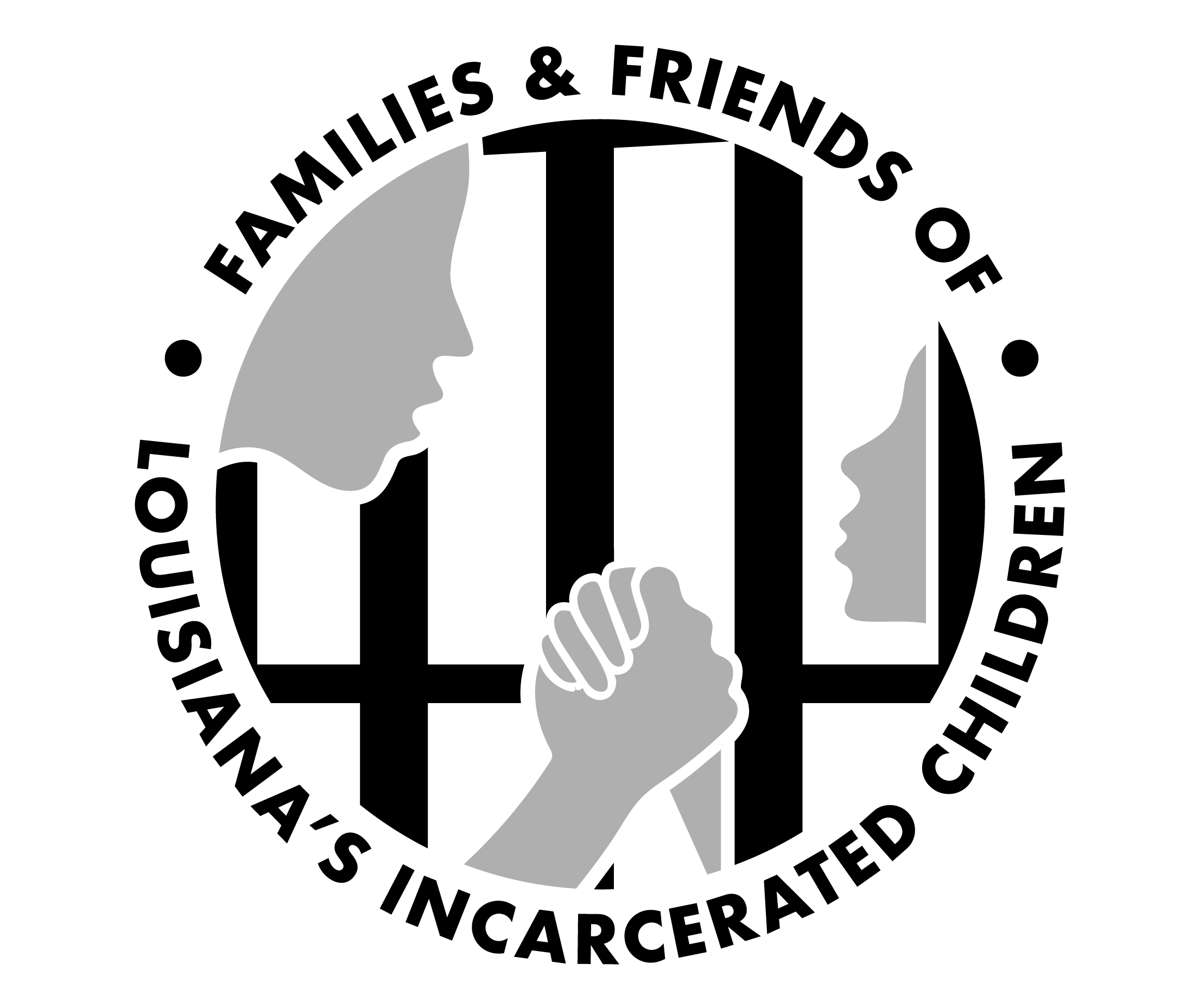This Black History Month, we have been aware of a renewed attack on teaching history in classrooms. Earlier this year, The College Board, an organization that develops tests and curriculum, created and released an “African American Studies Advanced Placement” curriculum for high school students seeking college credit. But after an aggressive campaign from Florida politicians, the College Board recently announced that it would revise the contents to exclude the Black Lives Matter movement, Black feminism, intersectionality, reparations, and Critical Race Theory, (an academic concept that demonstrates how racism shapes the policies and practices that make the world).
In Louisiana the efforts to erase history and compromise educational integrity have ramped up with new campaigns to ban books, teach “race neutral” history, and rewrite social studies curricula to exclude mention of social justice movements and the word “diversity” to focus on what Louisiana Superintendent of Schools Cade Brumley calls a “freedom framework.” At the same time, just this month, yet another report was released that ranked Louisiana as the third least educated state based on metrics such as quality of overall education, access to higher education, achievement gaps by gender and race, and dropout rate. The Louisiana Department of Education needs to examine how the drive to erase Black History, deny discussion of lived realities, and the refusal to offer real representation in classrooms is impacting the quality and effectiveness of its education.
At the same time, Louisiana’s school enrollment is declining rapidly, and it’s not showing signs of slowing down. Perhaps this trend reflects the impacts of children not seeing themselves represented. According to recent national data, there are thousands of children who are not in school at all. St. Tammany has the highest rate of homeschooling in the state, and is the only parish that banned teaching Critical Race Theory. False claims by the Superintendent that Critical Race Theory would create classrooms where students would learn only “through the lens of race ignore the positive outcomes that benefit all students including, improved test scores, increased civic engagement, reduced dropout, higher rates of attendance and retention, and, many educators agree, deeper critical thinking skills.
Children who do not see themselves reflected in the content they’re learning may feel isolated and anxious, and multiple studies show this leads to poor performance scores and dropout. More than half of Louisiana’s school-aged children identify as people of color, so it’s critical the education reflects their experiences. More than that, racially and culturally diverse classrooms lead to gains for all children, regardless of their identity. In fact, one of the biggest drivers in student success is cultural representation, yet Louisiana is again in the top 3 of states with the largest gap. While the student population is 55% people of color, only 26% are teachers of color. Real efforts from the Louisiana Department of Education to rise from the bottom and improve educational outcomes must honor the students they serve by using curriculum that reflects their realities, investing in and supporting teachers who represent them, and engaging in diverse perspectives that lead to critical thought and informed leaders.
Building the future we want begins with education. Amidst all the attacks on truth in education, we can advocate for diversity and representation in our classrooms that reflects our history, our present reality, and our vision for the future.



